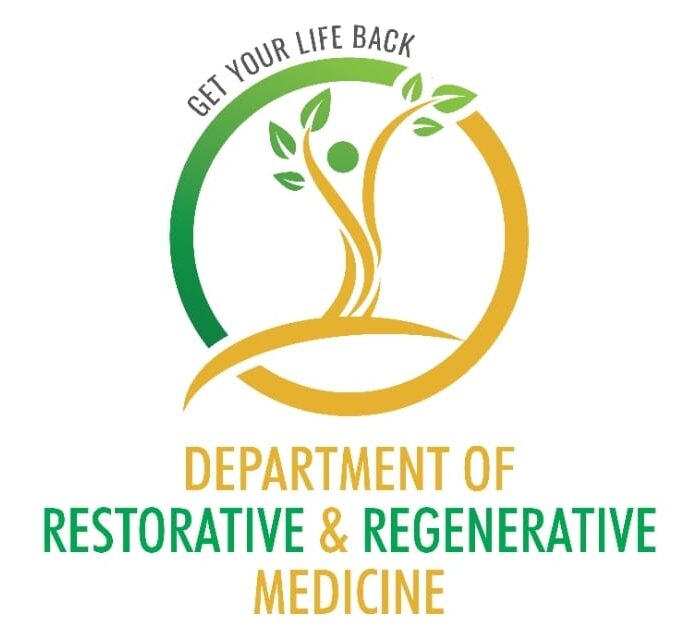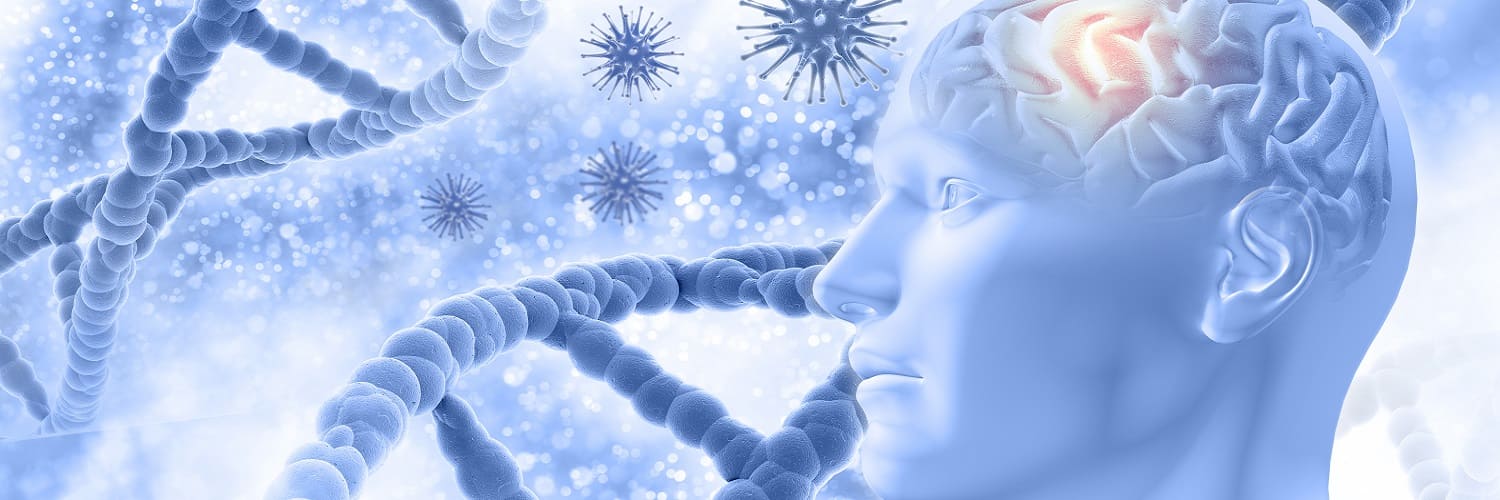Find support for memory problems at RNR Medicine, the best hospital for MCI in Mumbai. Our team of experts helps improve memory through personalized care. Come to RNR Medicine and let us assist you in feeling better.
Cognition is a higher mental function which includes decision making, planning, attention, execution and memory. Mild cognitive impairment (MCI) is the condition in which individuals have cognitive deficits and memory impairment without impairments in daily activities. This may progress and turn into dementia. In the early stages of the disease, complex behaviors (such as driving) are compromised, along with short-term memory, and sometimes behavioral problems, such as anger or aggressiveness, may occur. In many areas of the world, dedicated research is ongoing that can help patients to reduce their suffering from disability. Transcranial magnetic stimulation is such a novel innovative method that has shown promising results in recent studies. It is a painless, noninvasive method that modulates cortical excitability.


